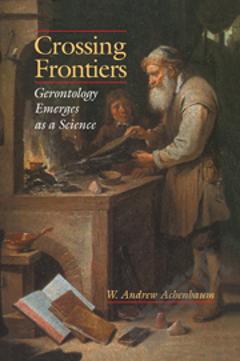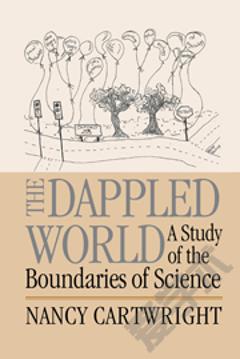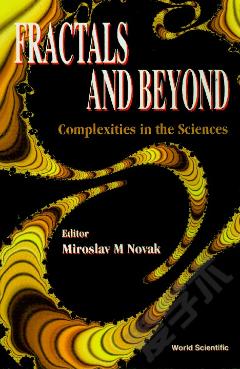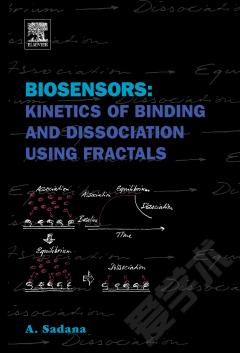Fractal Frontiers: Fractals In The Natural And Applied Sciences
Historically, science has developed by reducing complex situations to simple ones, analyzing the components and synthesizing the original situation. While this 'reductionist' approach has been extremely successful, there are phenomena of such complexity that one cannot simplify them without eliminating the problem itself. Recently, attention has turned to such problems in a wide variety of fields. This is in part due to the development of fractal geometry. Fractal geometry provides the mathematical tools for handling complexity. The present volume is a collection of papers that deal with the application of fractals in both traditional scientific disciplines and in applied fields. This volume shows the advance of our understanding of complex phenomena across a spectrum of disciplines. While these diverse fields work on very different problems, fractals provide a unifying formalism for approaching these problems.
{{comment.content}}








 京公网安备 11010802027623号
京公网安备 11010802027623号